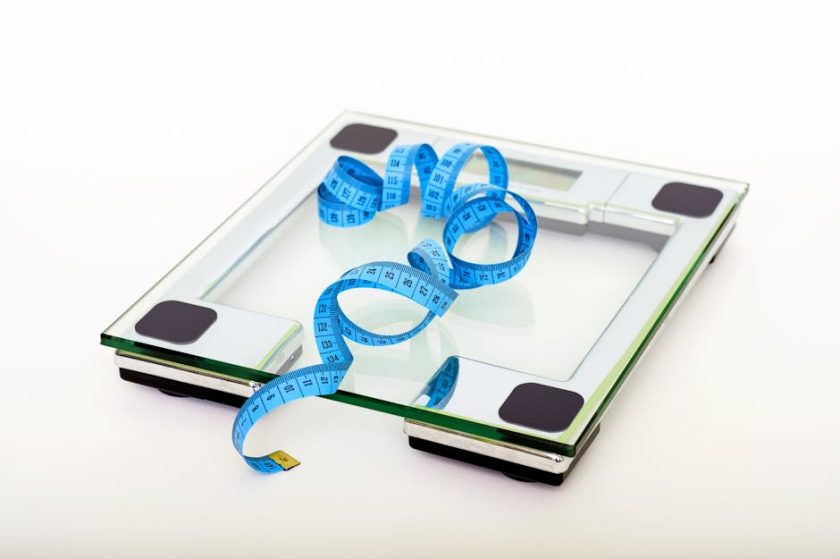Embarking on a weight loss journey can be daunting, but it's a transformative experience that will empower you with a healthier body and mind. In this comprehensive guide, we will delve into the essentials of weight loss, providing you with the knowledge and tools you need to achieve your goals.
**Understanding the Basics of Weight Loss**
Weight loss occurs when you create a calorie deficit, meaning you consume fewer calories than you burn. Calories are the units of energy in food, and your body uses them for various activities, including metabolism, physical activity, and daily functions. By reducing your calorie intake, you force your body to burn stored energy, resulting in weight loss.
**Setting Realistic Goals**
Setting realistic goals is crucial for success. Aim to lose 1-2.5 pounds per week, which is considered a healthy and sustainable rate. Rapid weight loss can be counterproductive and lead to muscle loss and health complications.
**Dietary Considerations**
Focus on consuming whole, unprocessed foods that are rich in nutrients and low in calories. Fruits, vegetables, lean protein, and whole grains are all excellent choices. Limit sugary drinks, processed foods, and unhealthy fats, as these contribute to weight gain.
**Exercise: An Essential Component**
Exercise plays a vital role in weight loss by burning calories and increasing metabolism. Aim for at least 30 minutes of moderate-intensity exercise most days of the week. Choose activities that you enjoy, such as walking, running, swimming, or cycling.
**Hydration is Key**
Drinking plenty of water is essential for overall health and weight loss. Water helps to curb hunger, boost metabolism, and remove toxins from the body. Aim to drink eight glasses of water per day.
**Mindful Eating**
Pay attention to your hunger cues and eat only when you're genuinely hungry. Avoid distractions while eating and savor each bite. When you're full, stop eating, even if there's food left on your plate.
**Sleep and Stress Management**
Getting enough sleep is crucial for weight loss. When you're sleep-deprived, your body produces more of the stress hormone cortisol, which can lead to increased appetite and weight gain. Aim for 7-9 hours of quality sleep per night.
**Overcoming Plateaus**
Weight loss plateaus are common, but they don't mean you've failed. Adjust your calorie intake or exercise routine to break through the plateau. Consider increasing your protein intake or adding interval training to your workouts.
Losing weight is a challenging but rewarding journey. By following these guidelines and staying committed, you can achieve your weight loss goals and improve your overall health and well-being. Embrace the process, celebrate your progress, and never give up on your dreams of a healthier you.

